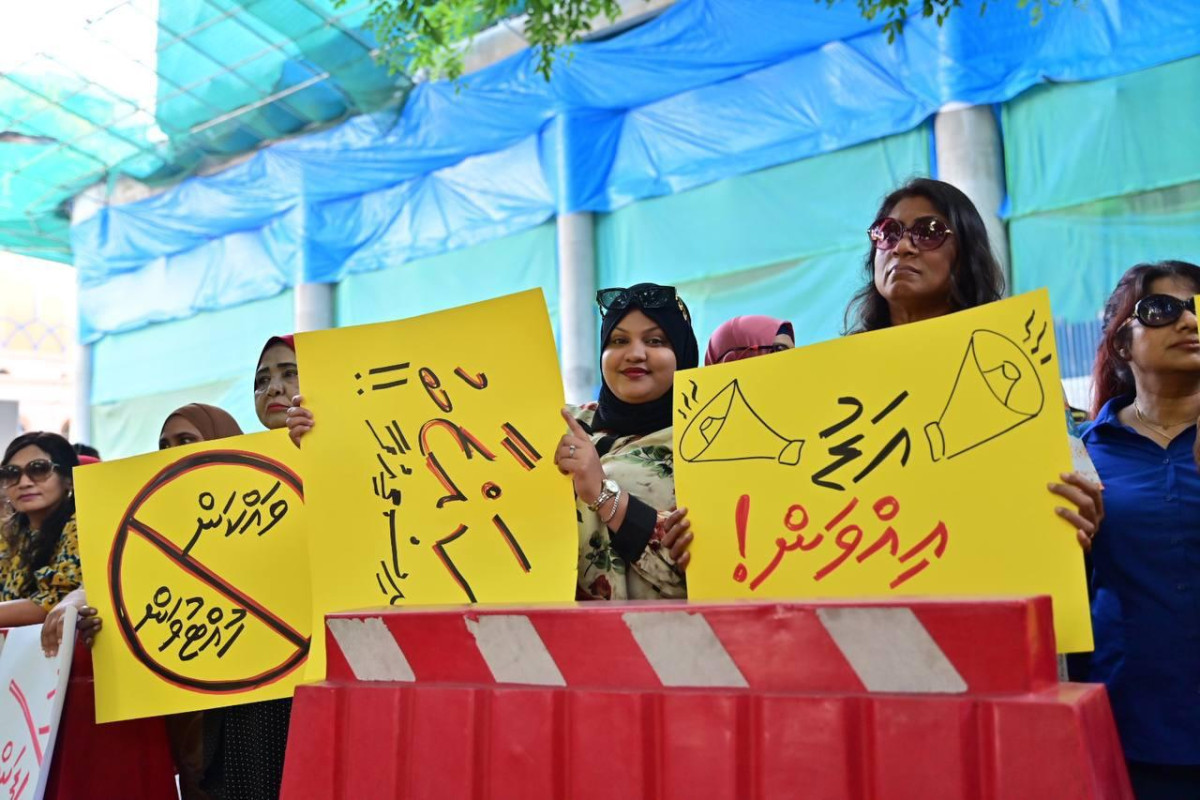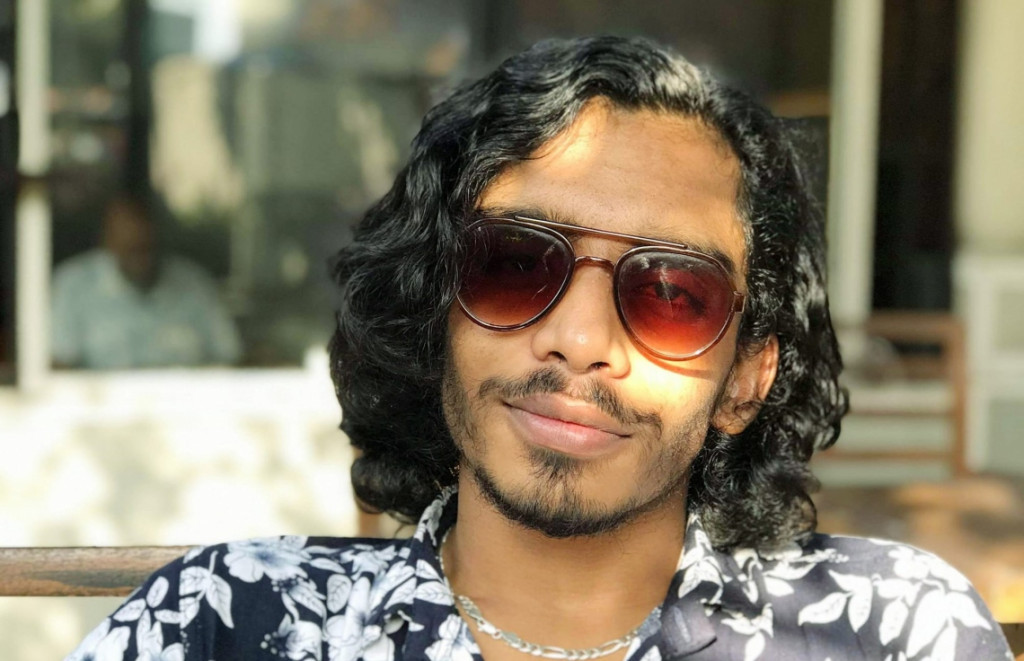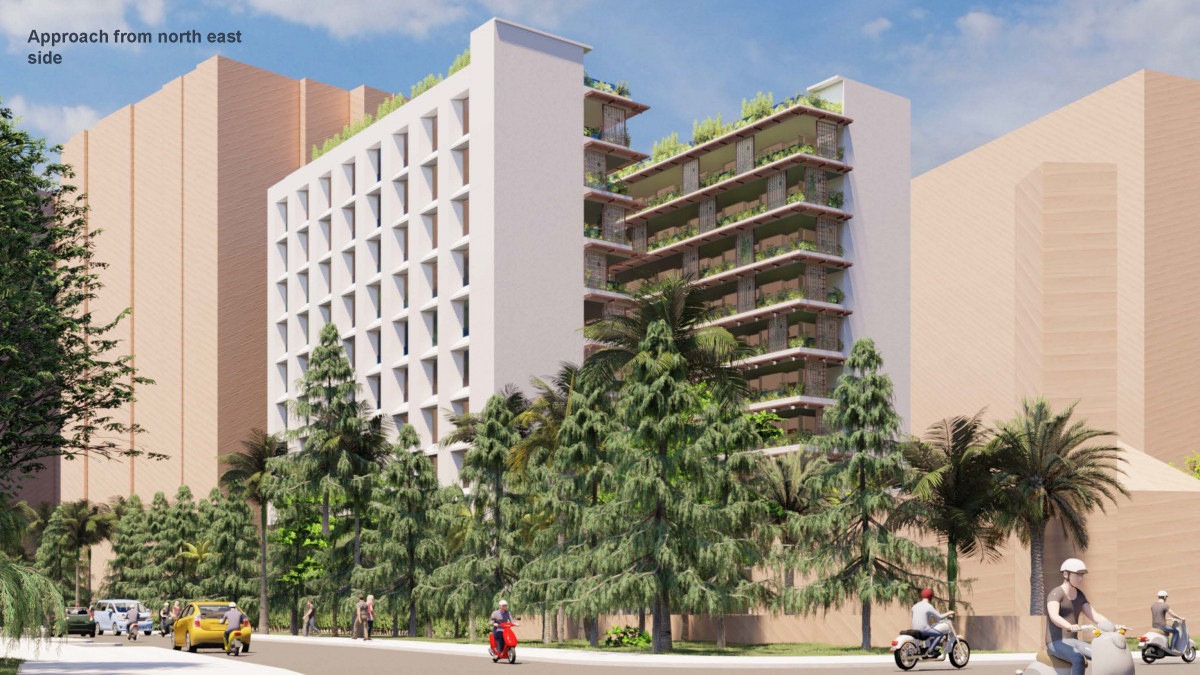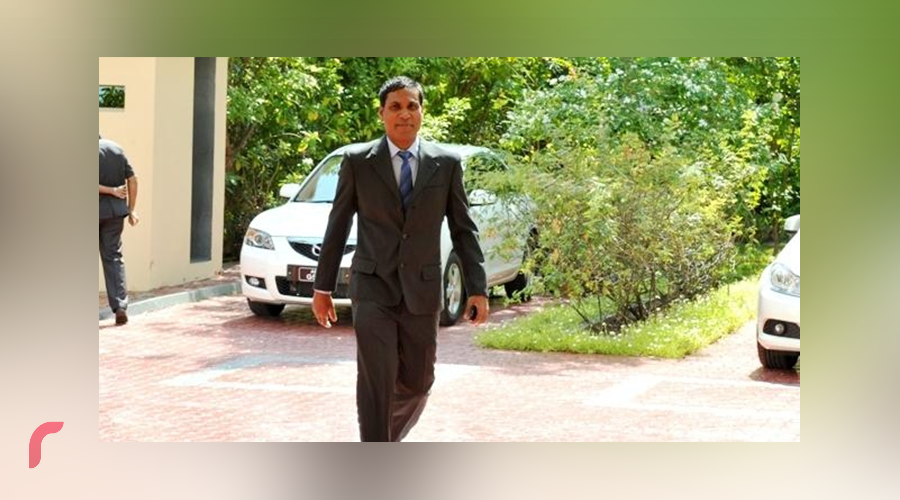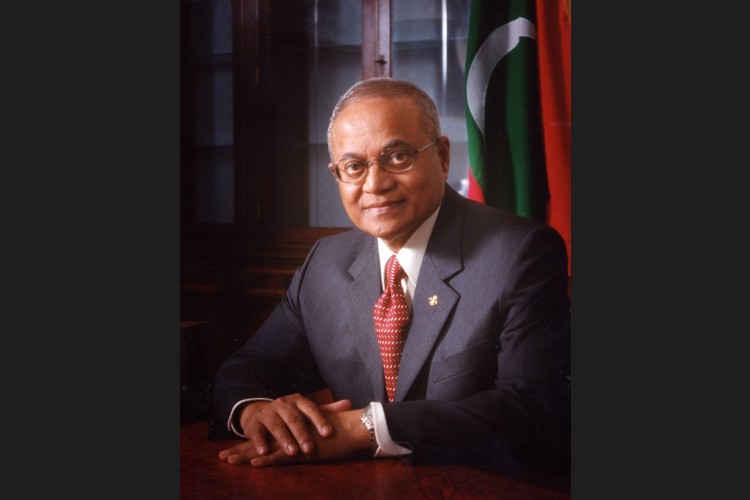MP Riyaz asks for deferred prosecution
MP Abdulla Riyaz had filed for deferred prosecution as sentencing for the obstruction charges against him nears
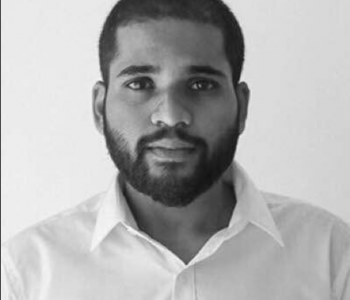

MP Abdulla Riyaz near the Criminal Court building in capital city Malé
The hearing on Tuesday for the obstruction charges against MP Abdulla Riyaz concluded with the defence asking for deferred prosecution.
The prosecution and the defence had put forth their concluding statements, in which Riyaz’s lawyer, Ali Zahir, had said that they had asked for deferred prosecution at the Prosecutor General’s (PG) office.
Given that Riyaz’s defence had applied for deferred prosecution on the day of the hearing, the prosecution had not been aware and had said as thus in the proceedings.
While the judges bench had then asked the prosecution to confirm the application within a period of two days, if a defendant applied for deferred prosecution in a case nearing conclusion, then the sentencing shall be delayed. If the court refuses to delay sentencing, then the PG will withdraw the case.
The court order that Riyaz had allegedly violated gives authority to officers to check all interactions made through the mobile phone. His defence had stated that this does not customary include the passcode, and nor was it specified in the order.
Therefore, Zahir made the statement that Riyaz had unwittingly refused to give the passcode initially, and that he provided officers with passcodes later on. Therefore, stating that Riyaz is highly eligible for deferred prosecution.
At a previous hearing, the defence had presented Ameer Shah, Riyaz’s nephew, who said he is tasked with changing settings for the phone, installing and updating applications, and repair work. He had testified that Riyaz ‘almost never’ switches off his phone and that he uses fingerprint access to it and thus never needed a passcode.
Shah further said that he usually sets the passcode for Riyaz’s phone, and that the parliamentarian hardly ever knows the code himself.
On the night of 27th March, Riyaz had been walking down Maaveyo Magu, of which the first half is not very well-lit, when two men – not in uniform – had showed him a warrant and asked him to handover his mobile phone.
Riyaz refused on the grounds that the street was too dark for him to read the supposed warrant, and that he had been attacked on that very road before and so was hesitant to indulge their request.
The parliamentarian, who had served as police commissioner himself, said that the officers had forcefully taken his phone from him. He had then given them three different passcodes, which were all incorrect. Riyaz’ phone is reportedly evidence in an investigation into allegations that opposition parliamentarians had threatened and bribed pro-government MPs.
